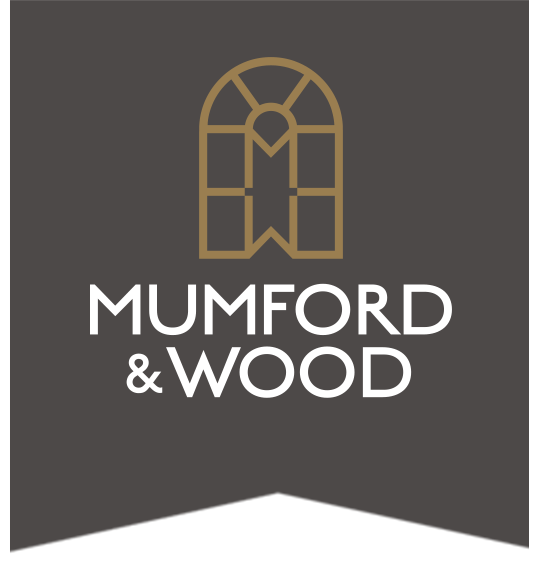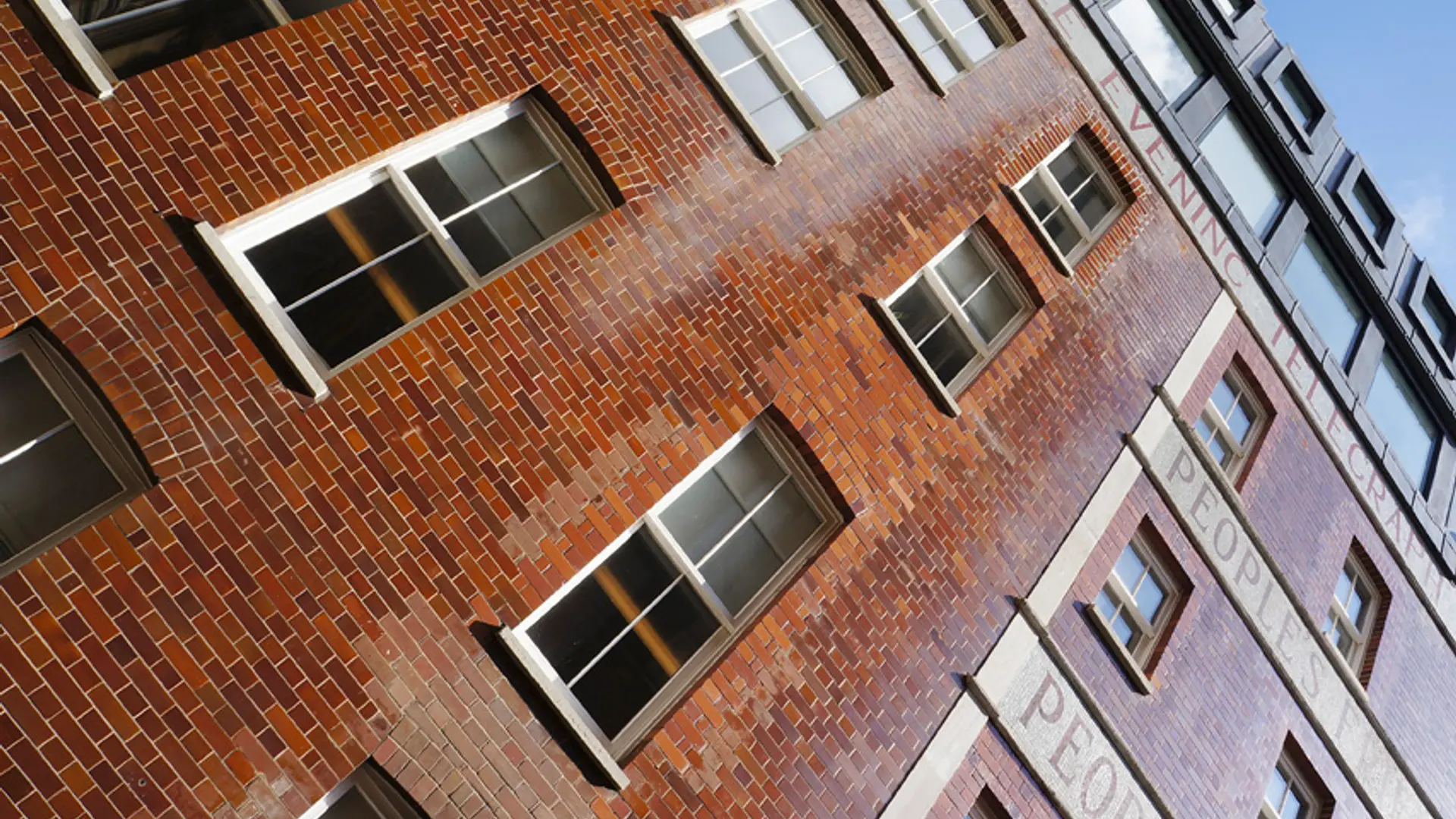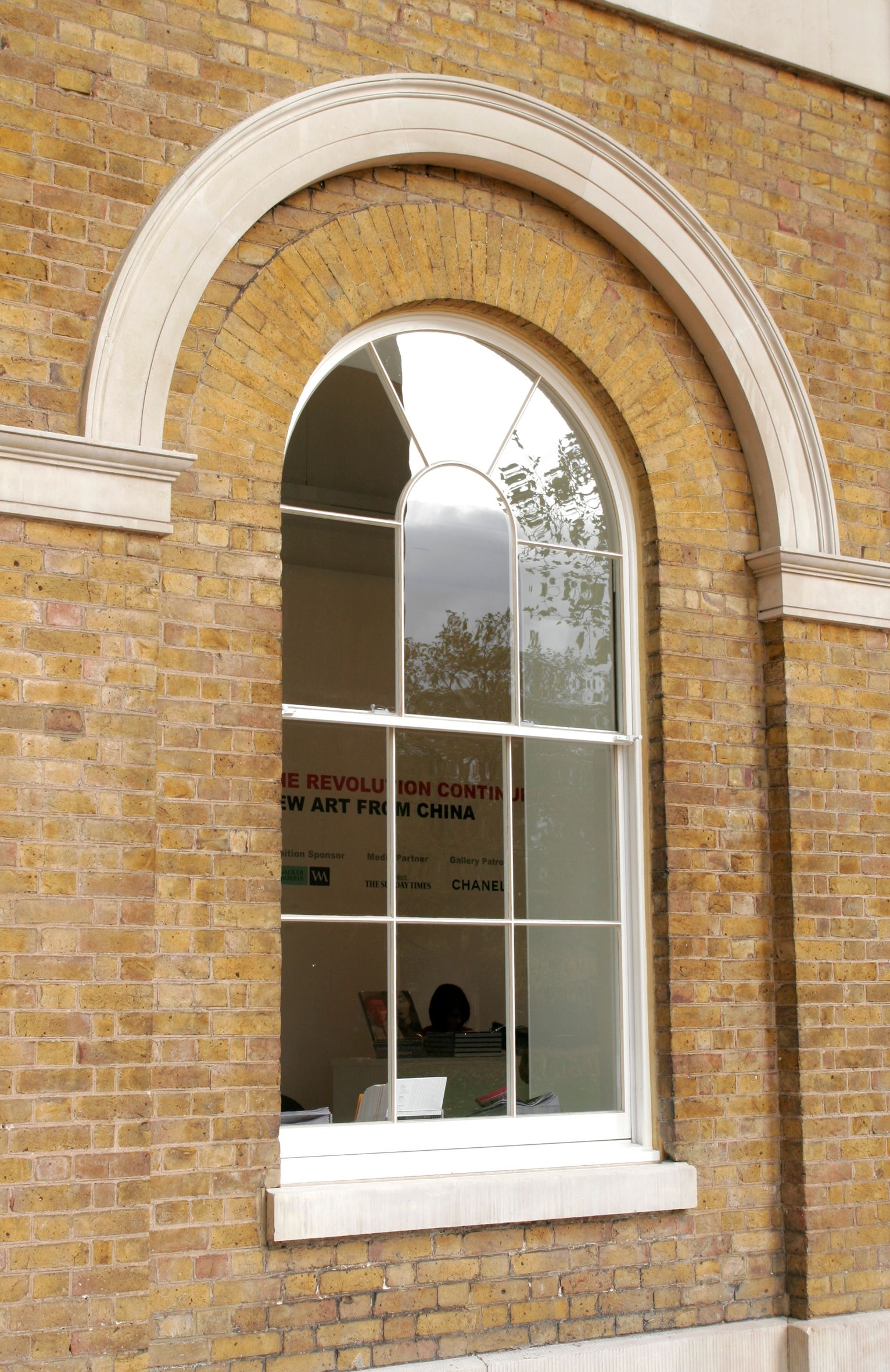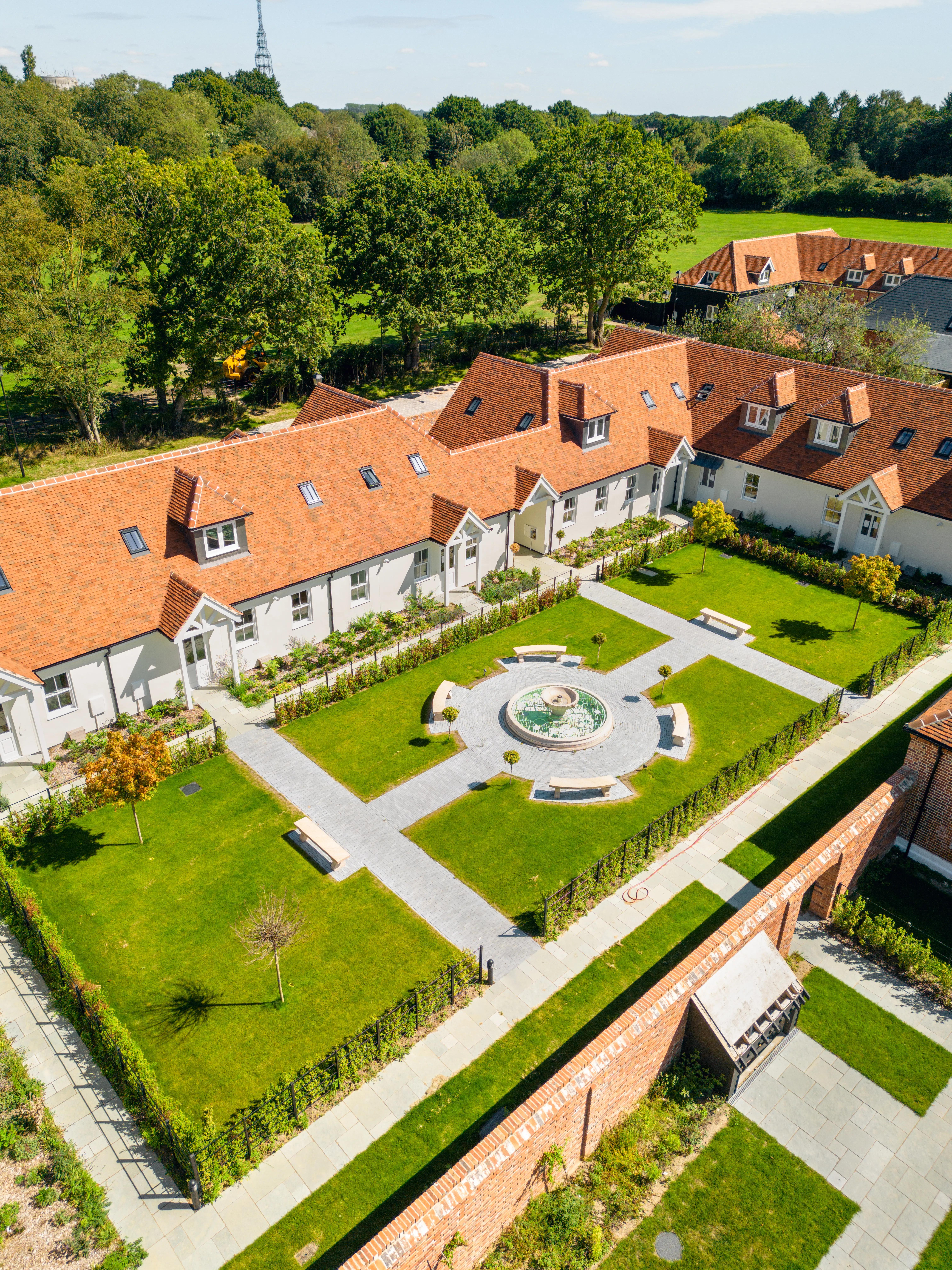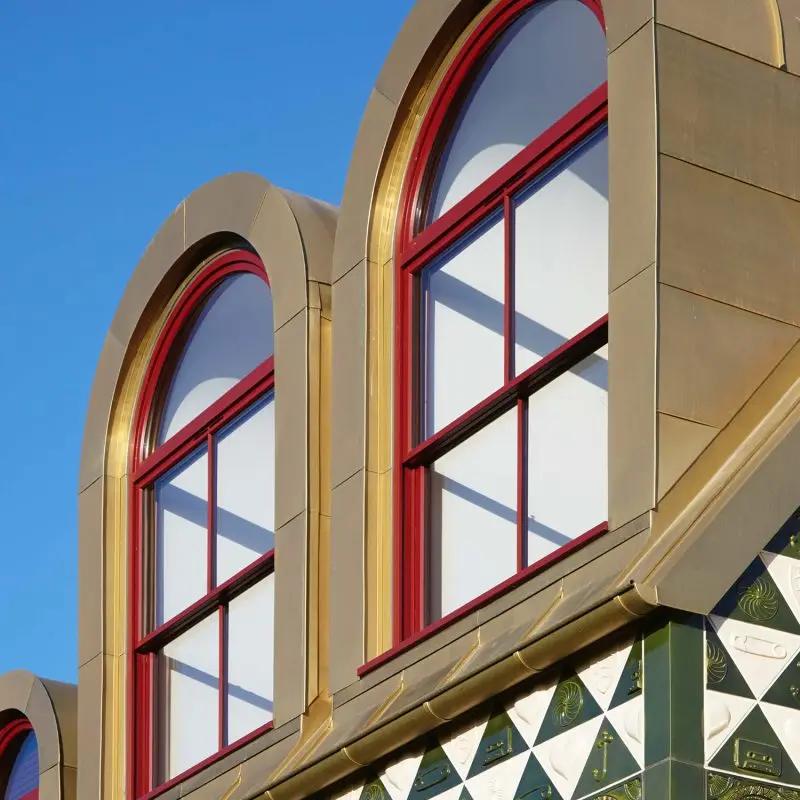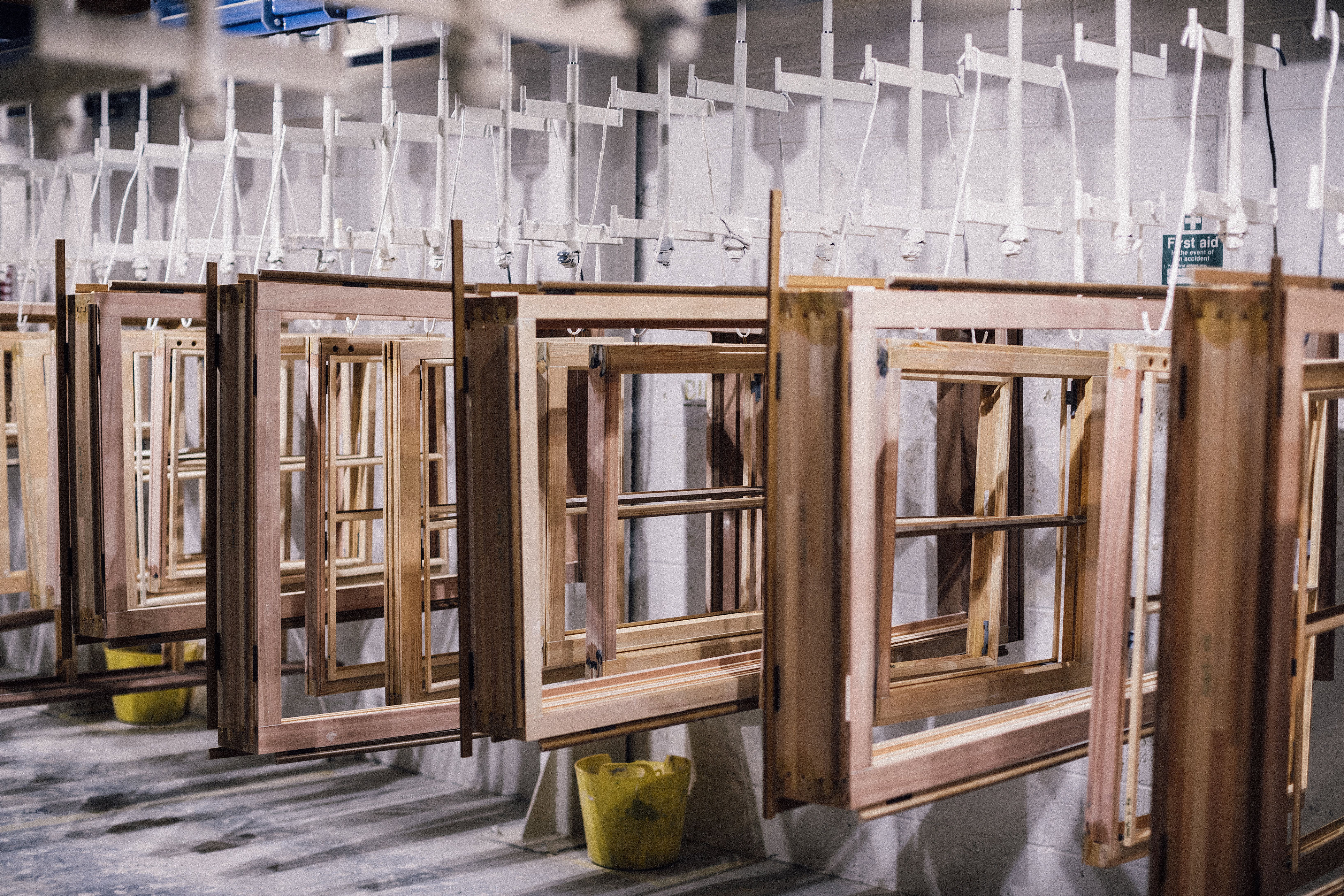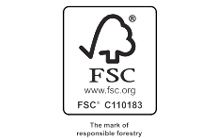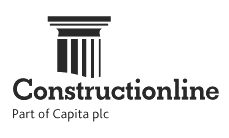When planning a construction or renovation project, one of the most important decisions you’ll face is material selection. While concrete, aluminium, and steel may come to mind, timber continues to prove itself as one of the most efficient and rewarding choices for both traditional and modern developments.
At Mumford & Wood, we’ve long understood the power of timber — not just for its beauty and versatility, but for its environmental and economic advantages. Here, we compare timber with other common materials and explain why it remains such a valuable investment for UK construction projects.
The Case for Timber
Timber is a natural, renewable, and sustainable building material that has been trusted for centuries. While its environmental appeal is well documented, its practical benefits are equally compelling.
Key Benefits of Timber Over Other Materials:
Sustainability
Timber is a renewable resource. Unlike concrete or steel, which have energy-intensive manufacturing processes, responsibly sourced timber comes from forests that can be replanted and managed long-term.
Versatility
Whether you’re building a large-scale structure or installing bespoke windows and doors, timber adapts beautifully to a range of architectural styles and structural demands.
Strength
Engineered timber can outperform steel and concrete in certain applications, offering excellent load-bearing strength with reduced weight.
Insulation
Timber is a natural insulator. Buildings with timber features typically benefit from reduced energy consumption and more stable indoor temperatures.
Aesthetics
Few materials can match the tactile warmth and timeless look of real wood. It adds character to period properties and a premium touch to contemporary homes.
Why Timber Can Be More Cost-Effective
There’s a common misconception that timber is more expensive than alternative materials. While upfront costs can vary, timber often proves to be the more economical choice over the project's full life cycle.
Lifecycle Cost Considerations
Initial Costs
Timber is often competitively priced today, particularly given its reduced transport costs (when locally sourced) and growing availability across the UK.
Construction Efficiency
Timber is easier to work with — both on-site and off-site — reducing labour time and associated costs. Its lighter weight can also reduce foundation requirements.
Lower Maintenance
High-quality, factory-finished timber requires minimal upkeep compared to concrete or steel, which can suffer from cracking, corrosion or weathering.
Energy Efficiency
Timber’s insulating properties can lead to long-term savings on heating and cooling — a significant advantage in the UK climate.
Examples of Timber in Large-Scale Construction
Timber isn’t just for cottages and interiors. It’s being used in high-rise and commercial construction worldwide:
- Mjøstårnet, Norway – The tallest timber building in the world (18 storeys).
- Wood Innovation and Design Centre, Canada – A celebrated office space made entirely of timber.
- T3 Building, USA – An 18-storey commercial timber development showcasing cost-effective, sustainable construction.
Timber in the UK: A Smart, Sustainable Choice
Timber is especially well-suited to the UK’s construction needs:
- Locally sourced: The UK benefits from a well-managed forestry industry and strong timber supply chains.
- Government support: Ongoing initiatives encourage the use of low-carbon materials in public and private sector builds.
- Public demand: As awareness of climate change and green construction increases, so too does the demand for sustainable materials, such as wood.
Additional Benefits of Choosing Timber
Health & Wellbeing
Studies have shown that natural materials, such as wood, can improve indoor air quality and reduce stress, making timber a smart choice for homes, schools, and workplaces.
Sound Control
Timber’s acoustic properties help minimise noise transfer, adding comfort and tranquillity.
Fire Resistance
When properly treated, timber offers reliable fire protection. It chars in a controlled way, maintaining structural integrity for longer than many expect.
Visual Appeal
Timber brings authentic warmth and elegance to any space, elevating the architectural character of new and old properties alike.
Conclusion
Timber continues to outperform other materials across a wide range of metrics — cost, energy efficiency, sustainability, design flexibility, and more. Its natural credentials align with the UK’s goals for a greener built environment, and it’s an excellent long-term investment for homeowners, developers and architects alike.
At Mumford & Wood, we take pride in producing some of the UK’s finest timber windows and doors. Sustainably sourced and beautifully crafted, our products are designed to last, and to deliver exceptional value for years to come.
